Symposium “Intergenerational Dialogue on the Next 10 Years of Education in Africa” Held as a TICAD9 Thematic Event
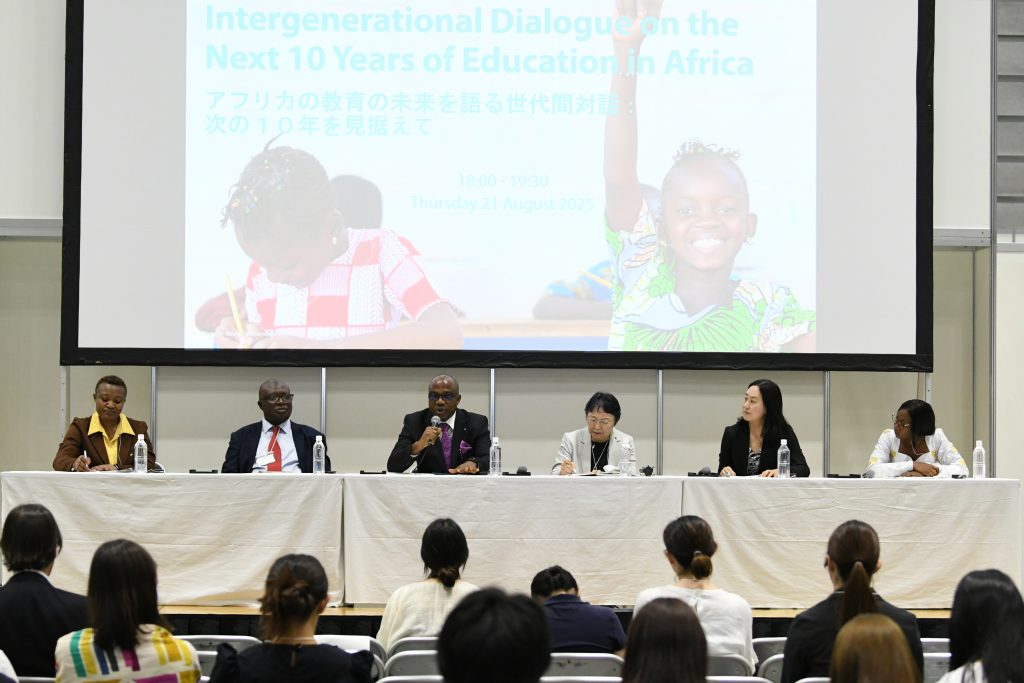
On August 21, Sophia University and the UNESCO International Institute for Capacity Building in Africa (UNESCO-IICBA) co-hosted a symposium titled “Intergenerational Dialogue on the Next 10 Years of Education in Africa” at Pacifico Yokohama, as part of the 9th Tokyo International Conference on African Development (TICAD9).
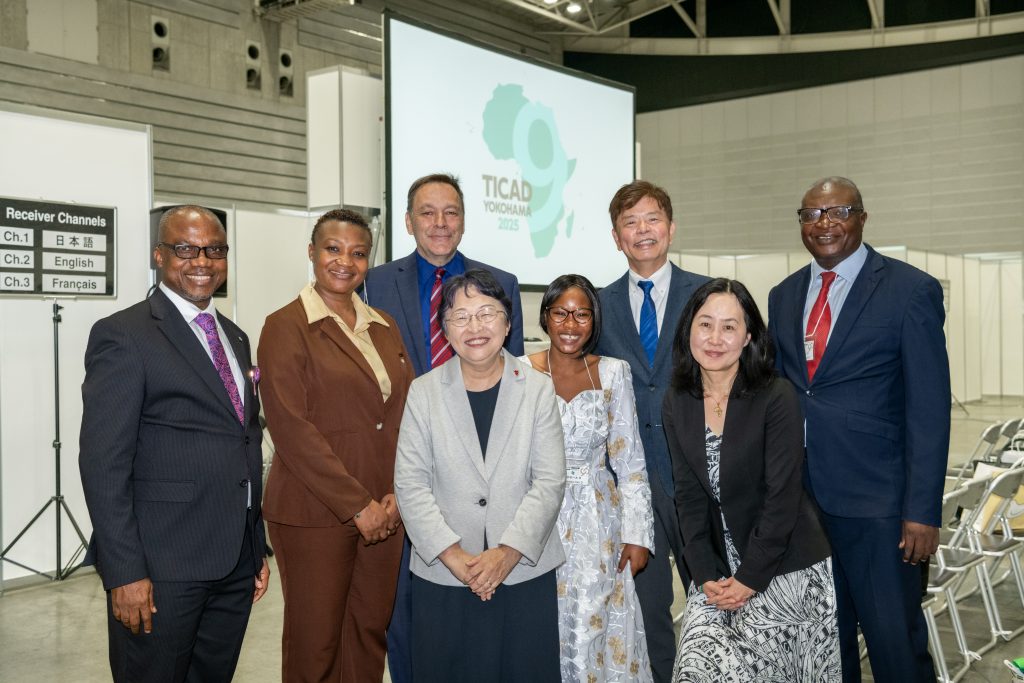
The event was moderated by Professor Tetsuo Kondo, Director of Sophia University’s Human Resources Center for International Cooperation, and featured Professor Miki Sugimura, President of Sophia University, as a panelist. With the African Union’s new Continental Education Strategy for Africa (CESA 26–35) as the focus, policymakers, youth, and researchers discussed the future of education in Africa.
In her keynote, Sophia Ashipala, Head of Education at the AU Commission, stressed the need for education systems that can respond to technological change, climate change, and the Fourth Industrial Revolution. Quentin Wodon, Director of UNESCO-IICBA, highlighted the inclusive drafting process of CESA 26–35 and the importance of continued investment in education.
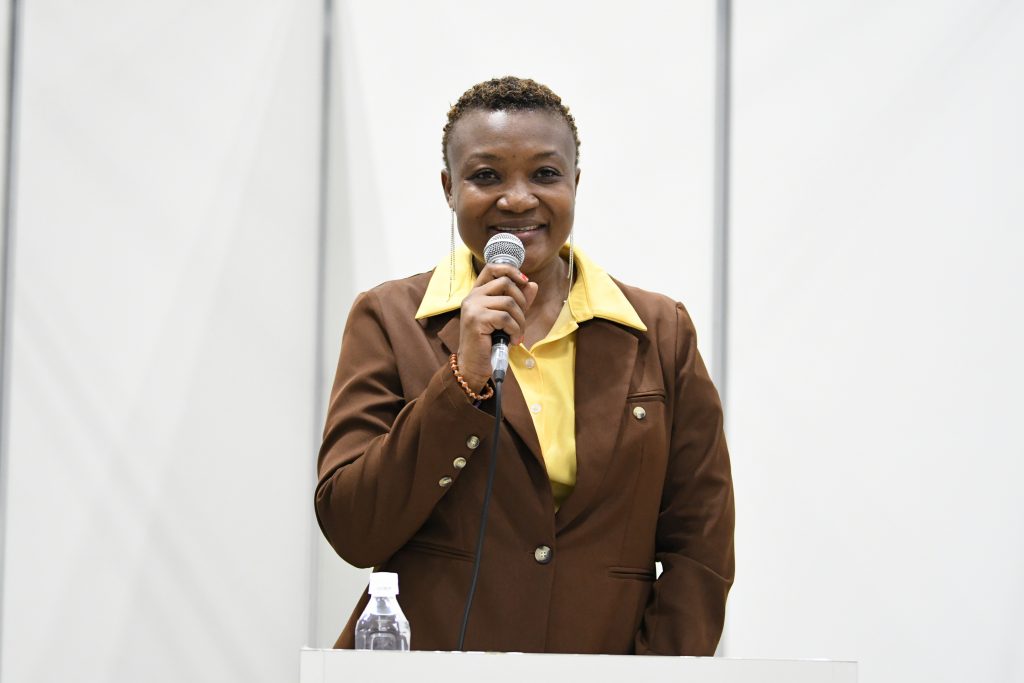
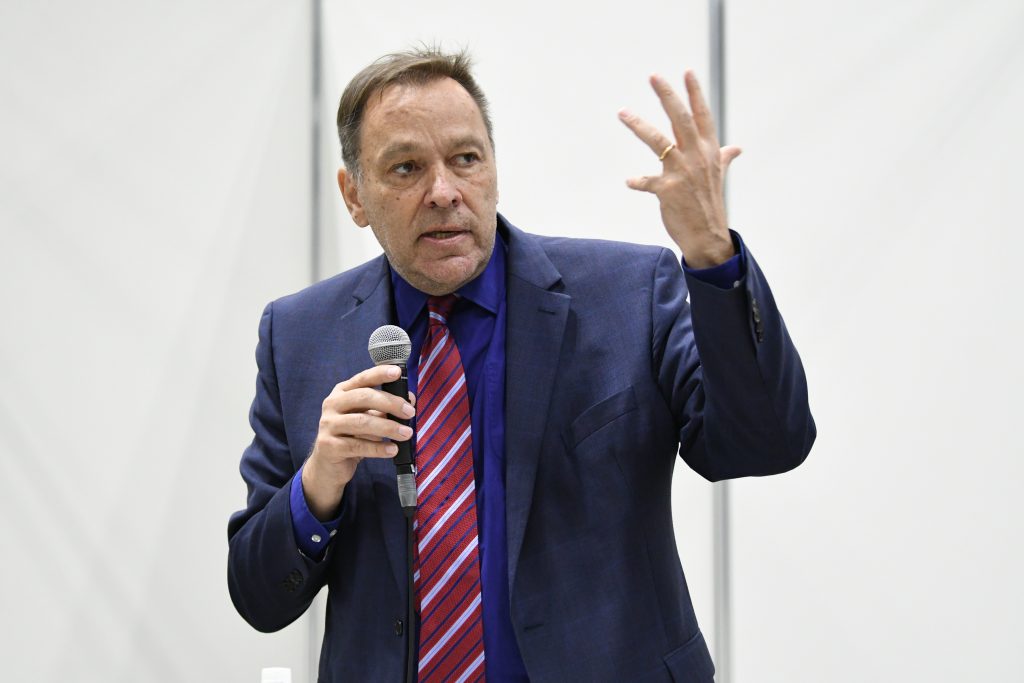
At the roundtable, Olawale Lateef Idowu Olagunju, Secretary-General of the Nigerian National Commission for UNESCO, pointed to weak data management as a key challenge. Steve Nwokeocha, Executive Director of AFTRA, shared Nigeria’s success in raising teacher salaries through a registration system. Professor Mikiko Nishimura of International Christian University emphasized peer learning among teachers and collaboration with communities, citing positive outcomes in Japan’s Hokuriku region.
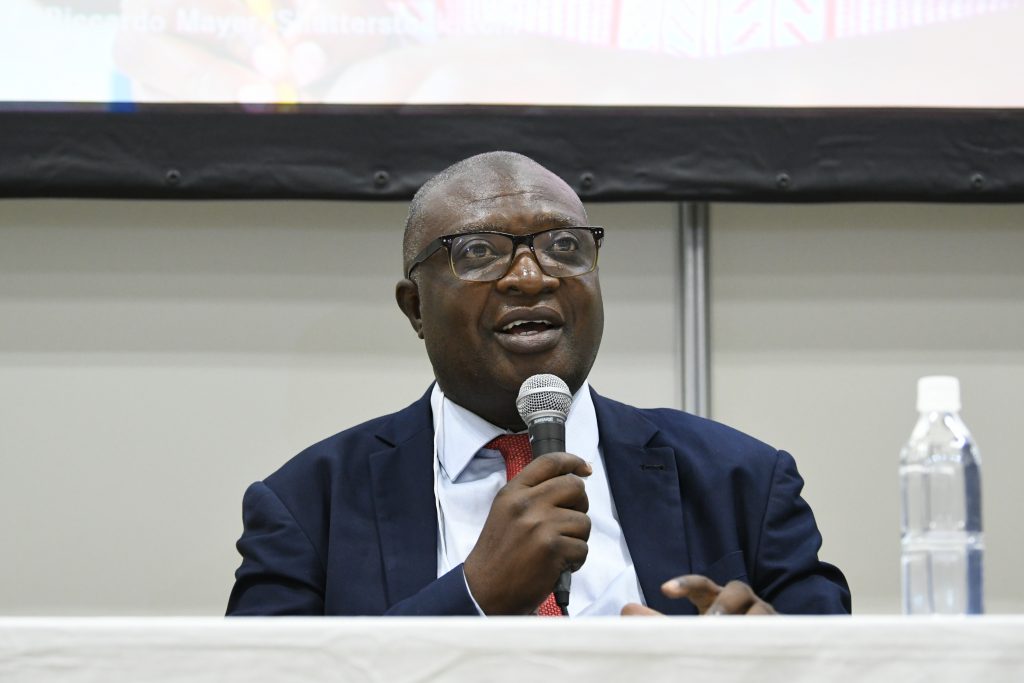
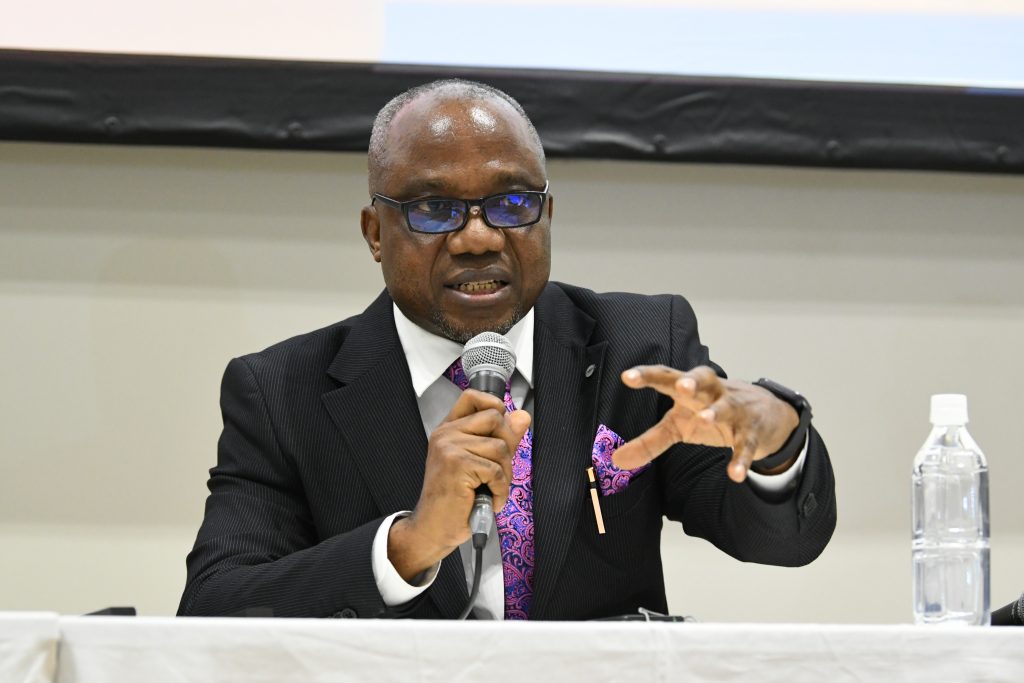
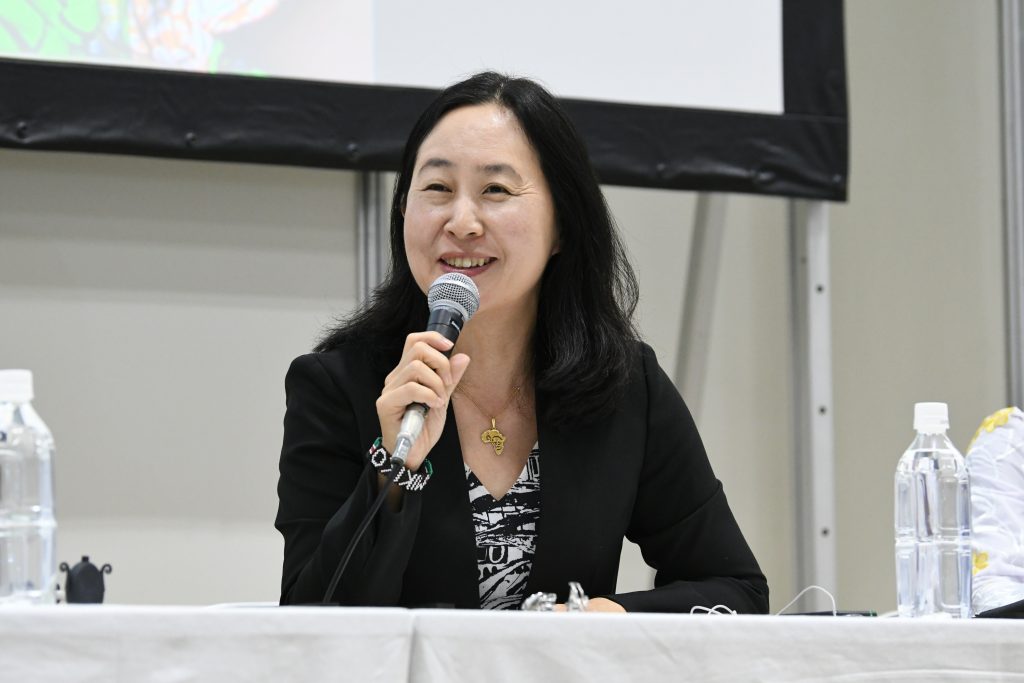
Professor Miki Sugimura, President of Sophia University, highlighted the role of universities in Africa’s development, introducing the partnership between Jomo Kenyatta University of Agriculture and Technology and JICA, as well as Sophia’s agreements with 17 universities in 14 African countries.
She also noted the 2nd edition of Model African Union Conference in Japan, held as a TICAD9 thematic event, which brought together about 140 African and Japanese students. “Through these programs, young people are inspired to envision their future in connection with Africa. This is the power of youth, and the power of education,” she said.
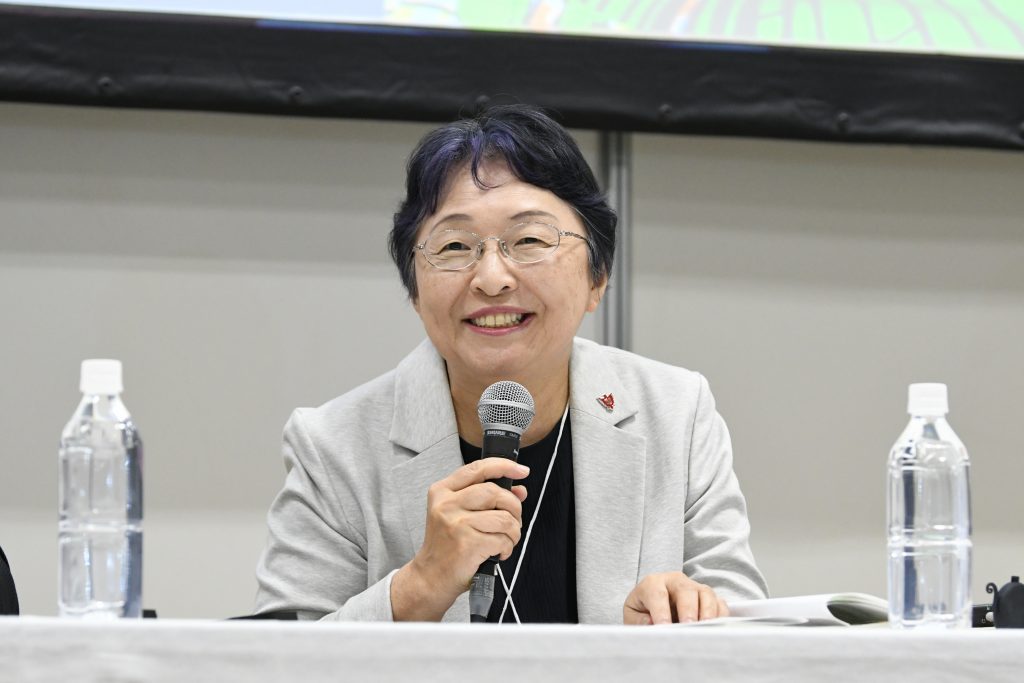
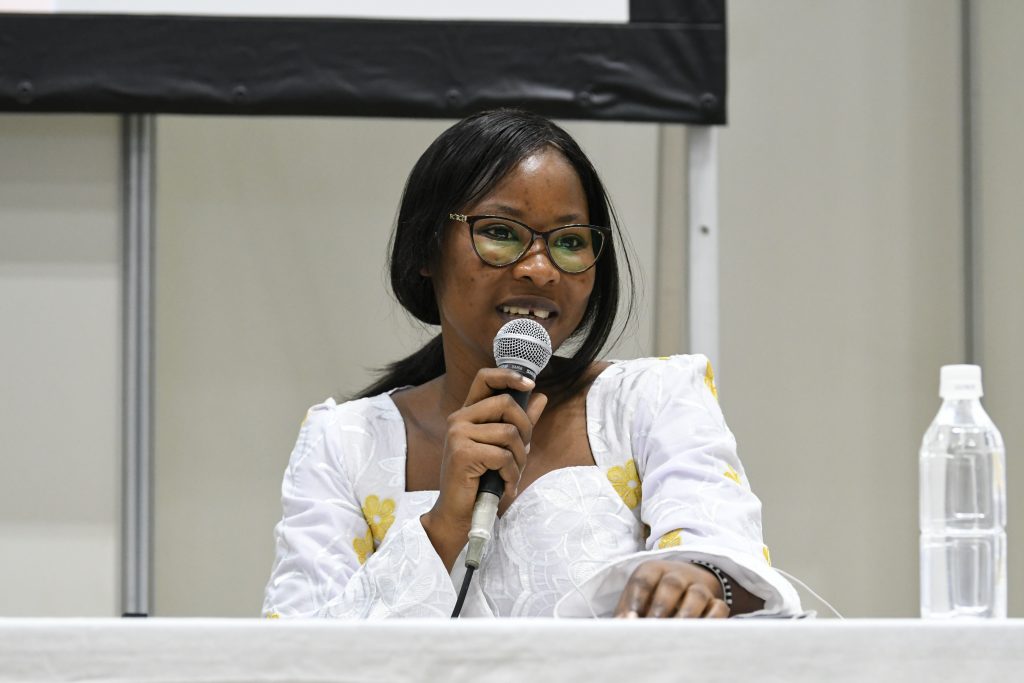
Aïssata Tindé, who runs youth programs in Mali, called for removing economic barriers to education and presented successful “second chance” programs. She appealed for greater support to empower learners who aspire to change their lives and contribute to Africa’s future.
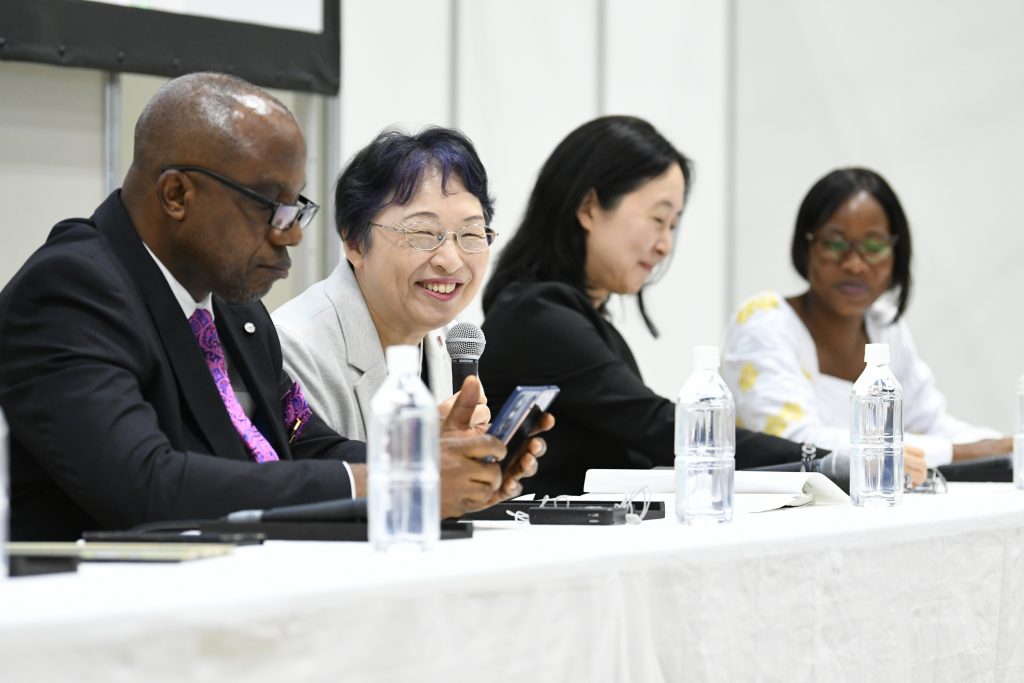
In the Q&A session, participants discussed language diversity, teacher quality, and the potential of AI and online tools. Closing the symposium, Director Wodon emphasized: “This is a once-in-a-decade opportunity. Over the next year, we will incorporate your experiences to make CESA impactful.”